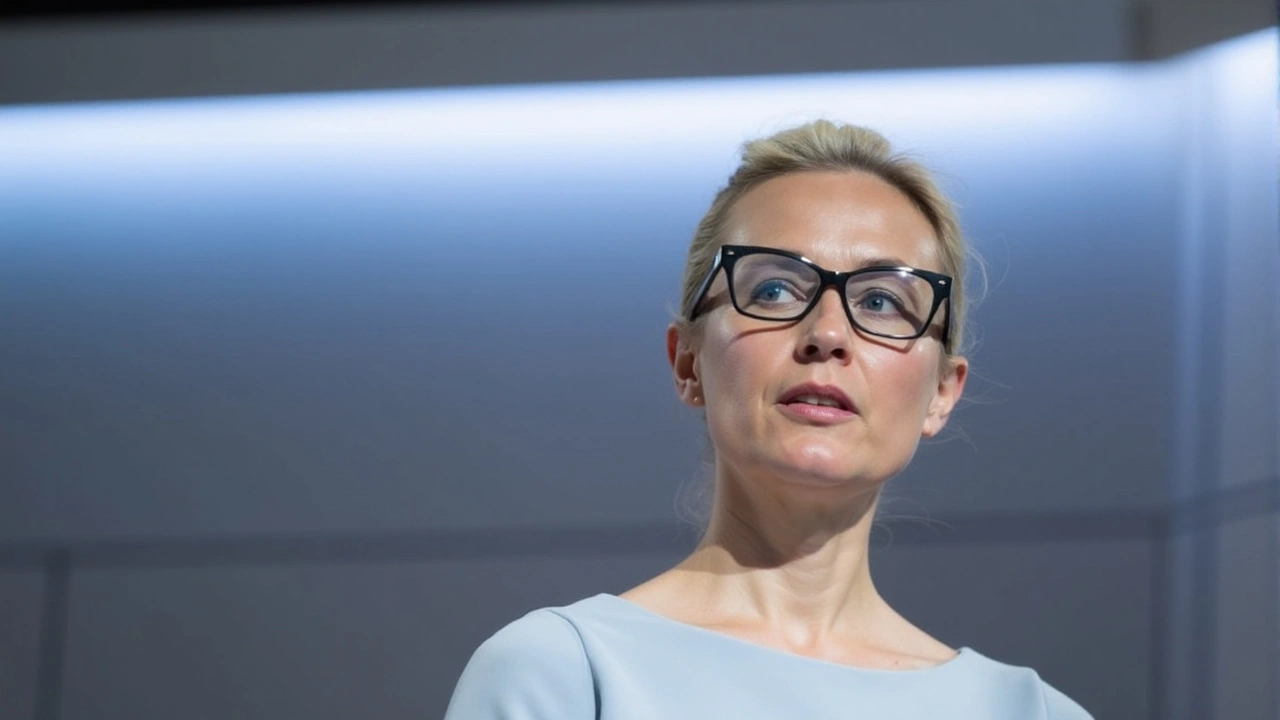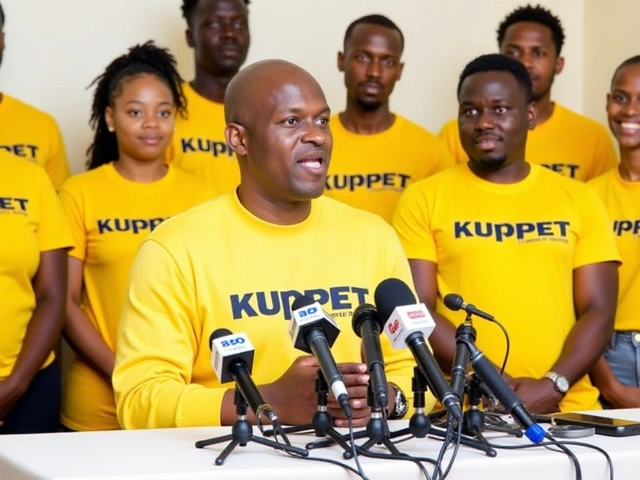
Yulia Navalnaya's Bold Vision for Russia's Future
Yulia Navalnaya, the widow of prominent Russian dissident Alexei Navalny, has made headlines with her daring proclamation to pursue the presidency of Russia following President Vladimir Putin's exit from power. Her decision, steeped in both personal and political significance, underscores a fierce dedication to her late husband's legacy and an unyielding determination to confront the existing political order. Navalnaya's announcement represents a potentially seismic shift in the Russian political landscape, signaling a rejuvenated opposition keen on altering the nation's future trajectory.
In a candid conversation with the BBC, Navalnaya articulated her staunch opposition to Putin, declaring, "My political opponent is Vladimir Putin. And I will do everything to make his regime fall as soon as possible." Her words resonate with the enduring spirit of resistance that her husband, Alexei Navalny, personified throughout his political career. Alexei's endeavors to expose corruption and demand democratic reforms earned him widespread support but also brought about severe reprisals from the Kremlin, culminating in his tragic demise earlier this year—a death Yulia attributes to the machinations of Putin's administration.
Challenging Putin's Regime
The risk associated with defying Putin's rule is not lost on Navalnaya. Her candid acknowledgment of the impossibility of returning to Russia under the current regime highlights the oppressive nature of Putin's governance. Despite these daunting obstacles, she remains resolute, stating her intent to vie for presidency when the political climate becomes conducive to legitimate democratic processes. Yulia's courage to challenge a long-standing authoritative rule serves as a beacon of hope for many within Russia and those along the global stage who champion democratic values.
Navalnaya's resolve to spearhead a political movement in honor of her husband accentuates the deeply personal nature of her mission. Alexei's activism has long inspired supporters who are disgruntled with systemic corruption and the lack of political freedoms under Putin’s regime. By stepping into the political arena herself, Yulia embodies the continuity of Alexei's fight for justice, democracy, and accountability within government—a struggle that has resonated with various segments of the Russian populace.
The Implications of Navalnaya's Ambition
Yulia Navalnaya's candidacy, while yet to officially materialize, has already stirred discussions about the potential reconfiguration of Russian politics in a post-Putin era. Her willingness to step forth as a key opposition figure provides a rallying point for those disheartened by the status quo. The implications of her move extend beyond Russian borders, capturing global attention amidst heightened scrutiny of Russia's internal politics and its implications for international relations.
Despite the anticipatory nature surrounding elections after Putin, Navalnaya's pronouncement serves as a symbol of enduring resilience against autocratic rule. It mirrors a broader sentiment among dissidents who remain undeterred by the looming threats that dissent often incites. As Russia approaches uncertain political tides, figures like Yulia Navalnaya emerge as pivotal players in encouraging discourse about democratic renewal and political change.
A Captivating Political Shift
Yulia's vow to continue her late husband's quest unveils a captivating narrative defined by personal loss interwoven with political resolve. Her journey, fraught with challenges, commences against a backdrop of palpable tension and uncertainty within Russia. The impending prospect of her leadership poses questions regarding the endurance of current power structures and the viability of a democratic resurgence led by a figure intrinsically linked to modern Russian opposition.
Navalnaya's announcement, while met with mixed reactions, evokes a sense of optimism for those advocating political pluralism and reform. Her resolve rekindles hopes of a political movement capable of galvanizing widespread support amongst citizens yearning for change. As the world watches closely, Yulia's nascent political journey could herald new chapters in both Russian history and the ongoing global discourse on governance and freedom.
October 25, 2024 AT 06:56
There’s something profoundly Shakespearean about this moment-Lady Macbeth meets Gorbachev’s ghost in a Kremlin hallway. Yulia isn’t just continuing Alexei’s work; she’s becoming the living embodiment of a suppressed national conscience. The weight of history here isn’t metaphorical-it’s in the silence of every Russian who dared to whisper dissent, now holding their breath as she speaks aloud. This isn’t politics. It’s catharsis dressed in a coat of defiance.
October 27, 2024 AT 03:19
Yulia is a LEGEND 😭🔥 I mean… her husband gave everything and now she’s stepping up?? That’s next level courage. I’m not even Russian and I’m crying. Please win. Please. 🙏🇺🇸❤️🇷🇺
October 28, 2024 AT 09:24
Exactly! And she’s not asking for permission-she’s rewriting the rules!
October 28, 2024 AT 09:55
I’ve been following this since the first news broke. It’s rare to see someone turn grief into such a clear, unwavering mission. I’m not just rooting for her-I’m rethinking what ‘resistance’ means in the digital age. She’s not just fighting a regime. She’s rebuilding a narrative. And honestly? We need more of that.
October 30, 2024 AT 08:54
I wonder if the world is ready for a leader who doesn’t promise utopia, but simply refuses to lie. Navalnaya’s strength isn’t in charisma or policy papers-it’s in her refusal to perform. She doesn’t need applause. She needs time. And perhaps, in the quiet spaces between repression, that’s all that’s left to build on.
November 1, 2024 AT 07:23
This is one of those moments where politics stops being about parties and starts being about people. Alexei was a voice. Now Yulia is the echo-and echoes can shake walls. I don’t know if she’ll win, but she’s already changed the game. And that’s more than most politicians ever do.






October 23, 2024 AT 08:06
So she’s stepping into the lion’s den with nothing but a microphone and a martyr’s legacy? 🌪️ I mean, bravo. The world’s been waiting for someone to say ‘Putin’s a creep’ without wearing a bulletproof vest. Let’s hope her campaign playlist includes ‘Eye of the Tiger’ and ‘Born to Run’.